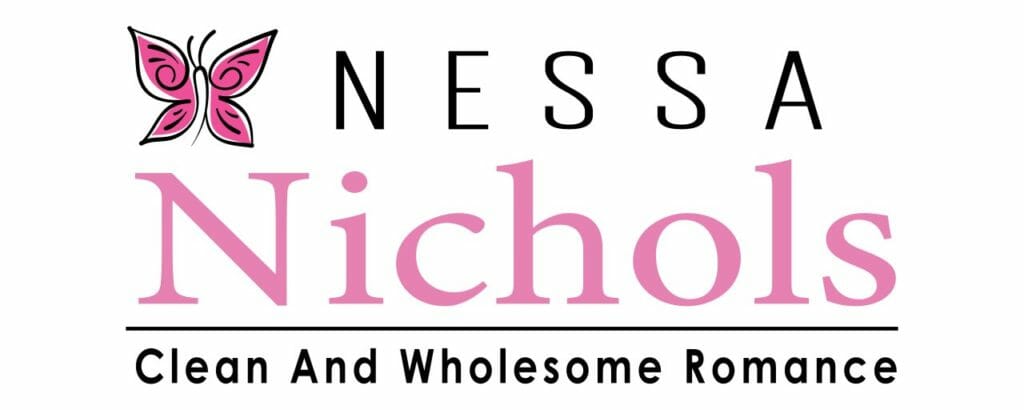The Pros and Cons of College vs. Trade School: Which Path is Right for You?
As high school graduation approaches, many young people face a major life decision: whether to pursue a traditional four-year college degree or explore alternative educational and career paths, such as vocational training or learning a skilled trade. This choice can significantly impact your future prospects, finances, and overall life trajectory.
In this blog post, we’ll take an in-depth look at the key benefits and drawbacks of both the college and trade school routes to help you make an informed decision about which path may best fit your goals, interests, and circumstances. We’ll cover important factors such as earning potential, job outlook, cost of education, and work-life balance to provide a balanced perspective on this important life decision.
The Benefits of Going to College
Higher Earning Potential
One of the primary reasons many people choose to attend a four-year university is the prospect of increased earning power over the course of their careers. Studies consistently show that college graduates earn significantly more on average than those with only a high school diploma. According to data from the U.S. Bureau of Labor Statistics, the median weekly earnings for someone with a bachelor’s degree are $1,248, compared to just $746 for a high school graduate.
Over a lifetime, this can translate to over $1 million more in total earnings for college graduates. While salaries vary by field and individual circumstances, the college degree premium is a well-established trend that makes a strong financial case for pursuing a bachelor’s degree.
Access to More Job Opportunities
A four-year college education opens the door to a wider range of career paths and job opportunities. Many well-paying, in-demand professions—such as engineering, finance, management, and the sciences—typically require a bachelor’s degree at minimum for entry-level roles. Without a college degree, you may be automatically screened out of consideration for these types of professional, white-collar jobs.
Additionally, a college degree provides valuable skills, knowledge, and credentials that make you a more attractive and competitive candidate, even for roles that don’t strictly require a diploma. The critical thinking, communication, and problem-solving abilities cultivated in a university setting are highly valued by employers across industries.
Potential for Higher Job Satisfaction
Beyond financial benefits, a college education can also lead to greater job satisfaction and fulfillment. By exploring diverse academic subjects and gaining a broad base of knowledge, many students discover new passions and interests they may not have previously considered as career options. This can help guide them toward work that is more intrinsically rewarding and aligned with their values and goals.
Furthermore, the college experience itself—with opportunities for extracurricular activities, internships, and social or personal growth—can foster important soft skills and self-awareness that translate into more meaningful, satisfying work down the line.
Expanded Networking Opportunities
Attending a four-year university also provides access to valuable professional networking opportunities that can benefit your career in both the short and long term. Through campus career fairs, alumni connections, and faculty relationships, college students can make important contacts and build a network of mentors, colleagues, and potential future employers.
These connections can lead to internships, job referrals, and other career-boosting opportunities that may not be as readily available to those who don’t attend college. The social and intellectual stimulation of the university environment also helps students develop essential interpersonal skills that serve them well in the working world.
The Benefits of Pursuing a Trade
While the traditional college path offers many compelling advantages, there are also strong arguments in favor of pursuing a vocational or trade-based education. Here are some key benefits of this alternative route:
Lower Cost of Education
One of the biggest deterrents to attending a four-year university for many students is the high cost of tuition and associated expenses. Average annual tuition and fees at a public in-state university now exceed $25,000, with costs even higher at private institutions. This financial burden can saddle graduates with substantial student loan debt that takes years or even decades to pay off.
In contrast, vocational and trade schools are much more affordable, with average annual tuition ranging from $3,000 to $15,000 depending on the program. Many also offer the option to earn an associate’s degree or professional certification in just one to two years, allowing students to start earning sooner and avoid the full cost of a four-year degree.
Faster Path to Entering the Workforce
Trade schools and vocational programs provide a quicker route to starting a career. Rather than spending four or more years in a traditional university setting, students in these programs can complete their training and earn their credentials in a fraction of the time—often one to two years or less.
This accelerated timeline allows them to begin working and earning a paycheck much sooner, without the extended period of academic study and job searching that often follows a bachelor’s degree. For those eager to start building their careers and achieving financial independence, this can be a major advantage.
Strong Job Prospects and Earning Potential
Contrary to the perception that trade jobs are somehow “less than” professional white-collar roles, many skilled trades actually offer excellent job prospects and earning potential. Fields like plumbing, electrical work, HVAC repair, and construction management currently face labor shortages, with high demand for qualified workers.
In fact, the median annual salary for many skilled trade occupations exceeds the national average—with salaries often on par with or even higher than those of college graduates in certain fields. This makes trade school education a smart financial investment, especially for students unsure about their desired career path.
Hands-On, Applied Learning
For students who prefer a more practical, hands-on approach to education, trade schools and vocational programs can be a much better fit than the traditional academic model of lectures and textbooks. These programs emphasize applied learning, allowing students to develop tangible, job-ready skills through extensive hands-on training and real-world projects.
This style of learning can be more engaging and fulfilling for students who thrive in an active environment. It also better prepares them for the day-to-day realities of their chosen profession rather than just imparting theoretical knowledge.
Work-Life Balance and Job Satisfaction
Many skilled trade occupations offer attractive work-life balance and job satisfaction benefits that can be harder to come by in some white-collar professions. Tradespeople often enjoy more regular schedules, the ability to “leave work at work,” and a greater sense of tangible accomplishment from their work.
Additionally, the physical nature of many trade jobs provides a welcome change from sedentary desk work found in many office roles. For those who value an active lifestyle and working with their hands, a career in a skilled trade can be tremendously fulfilling.
Conclusion
Ultimately, deciding whether to pursue a traditional four-year college degree or explore alternative educational paths like trade schools comes down to your individual goals, interests, and circumstances. Both options have unique benefits and drawbacks that deserve careful consideration.
If you value higher lifetime earnings, expanded job opportunities, and personal or intellectual growth, then college may be the right choice. But if you want to minimize educational costs, enter the workforce quickly, and find hands-on, practical work, then a trade or vocational program could be the better fit.
There’s no one-size-fits-all solution; it’s important to honestly assess your priorities, skills, and long-term aspirations. Whichever path you choose, select an option that aligns with your unique needs and sets you up for personal and professional fulfillment.

